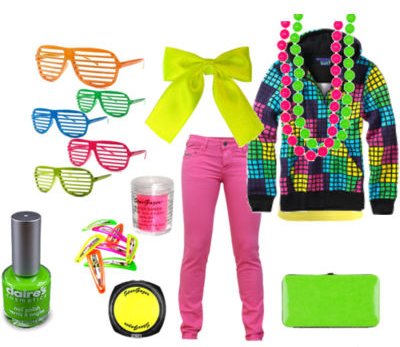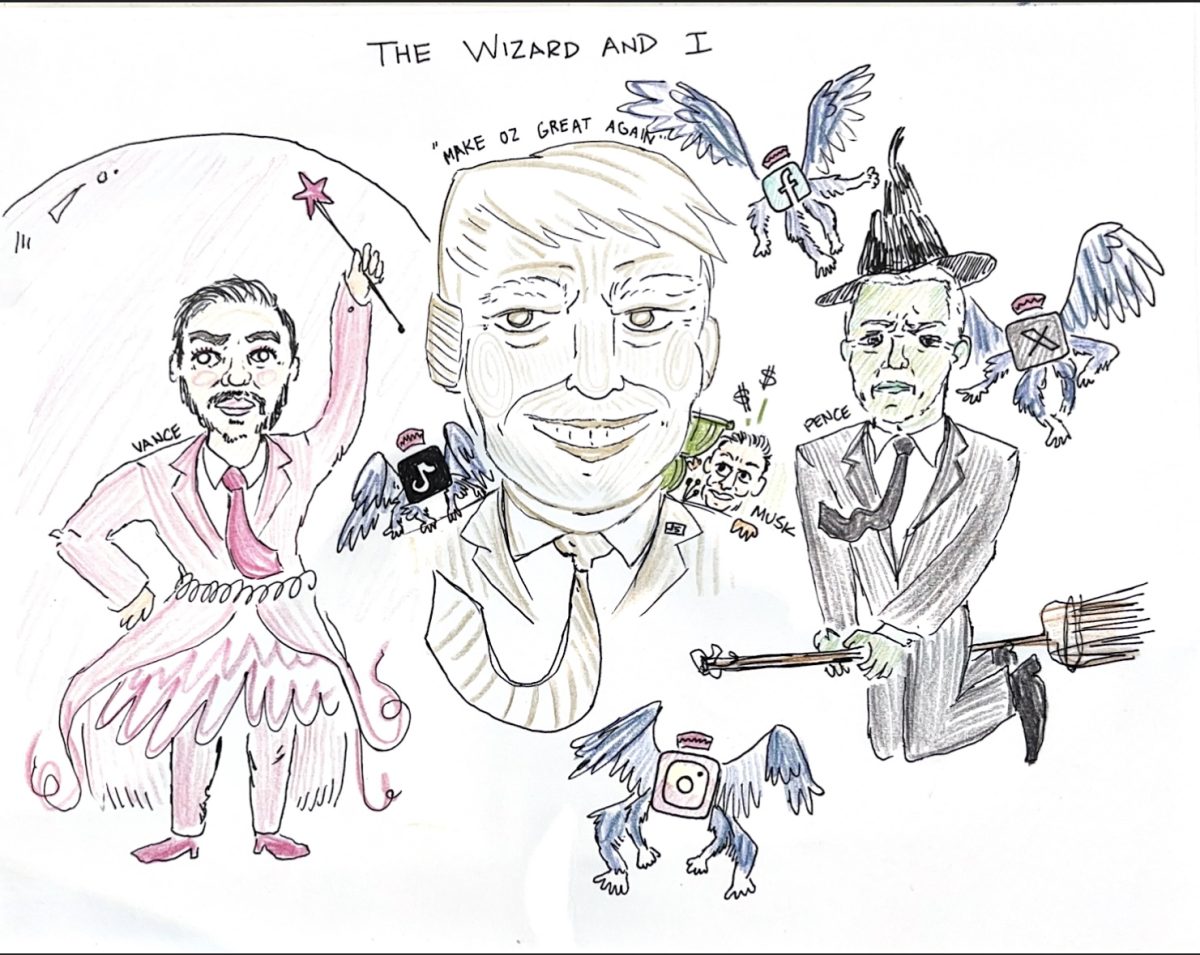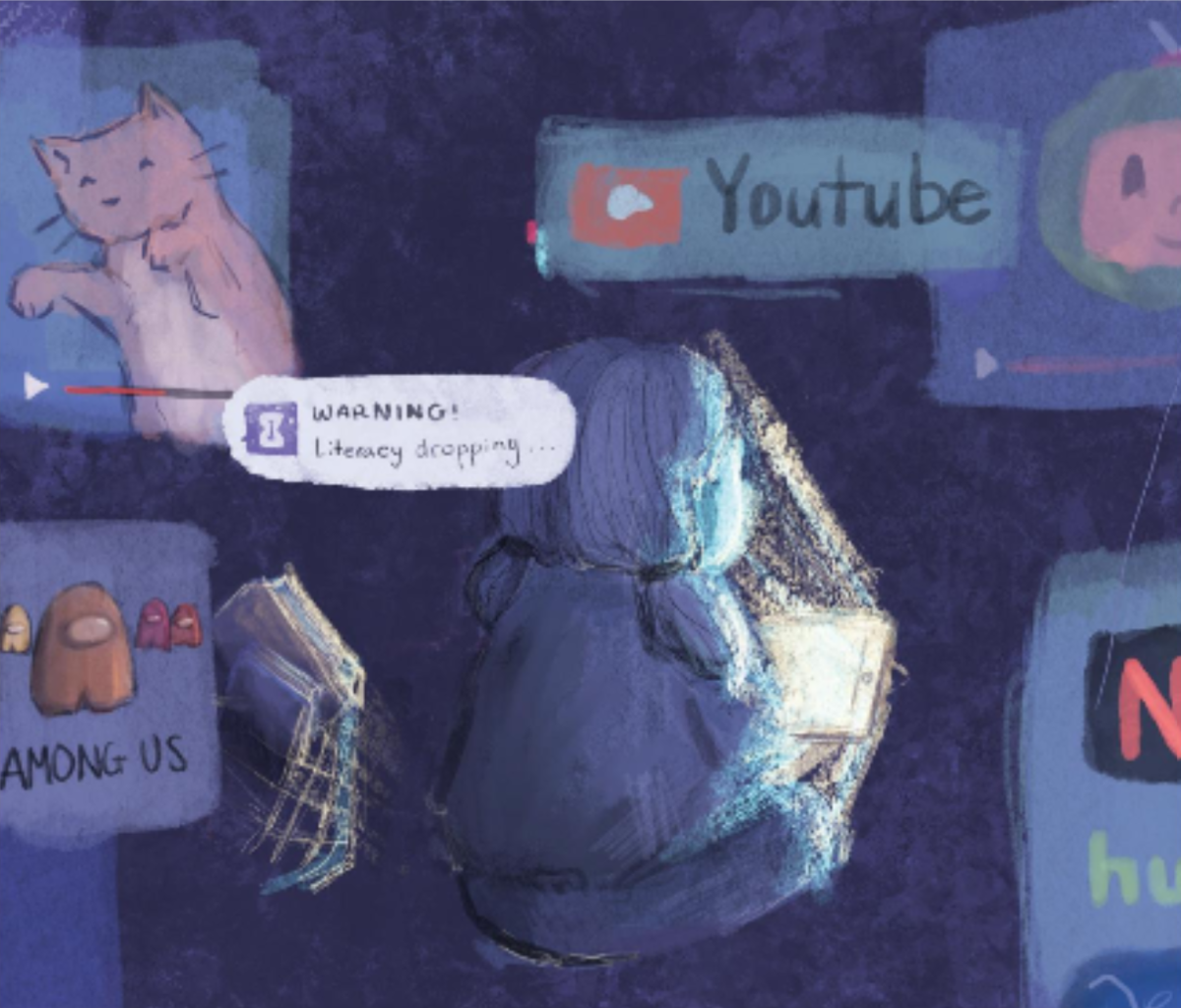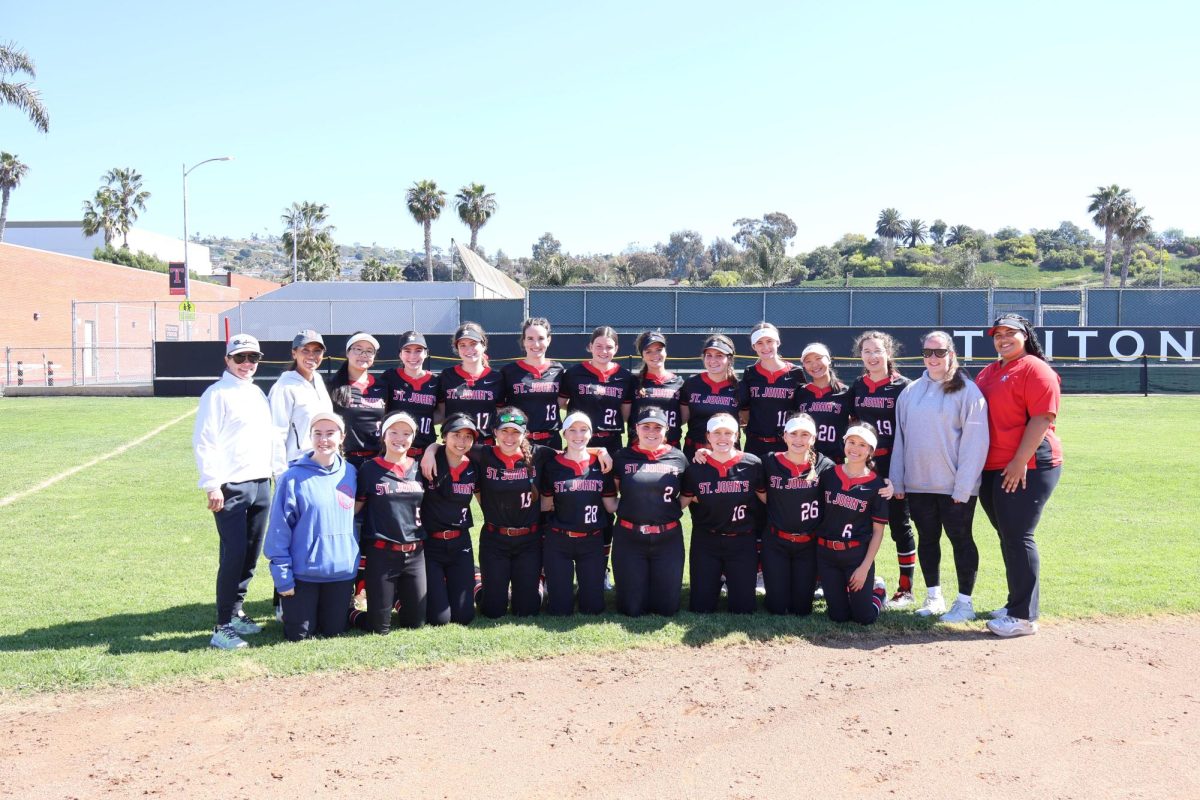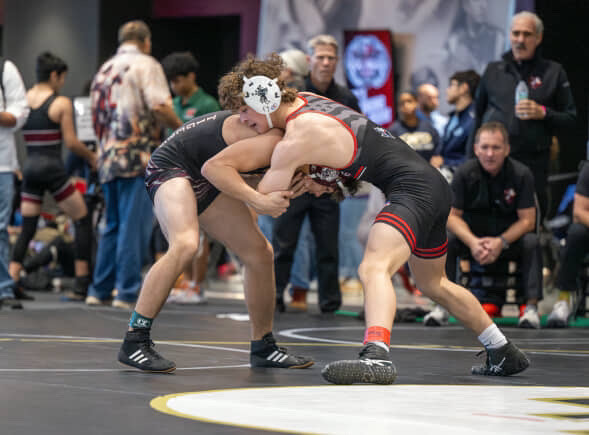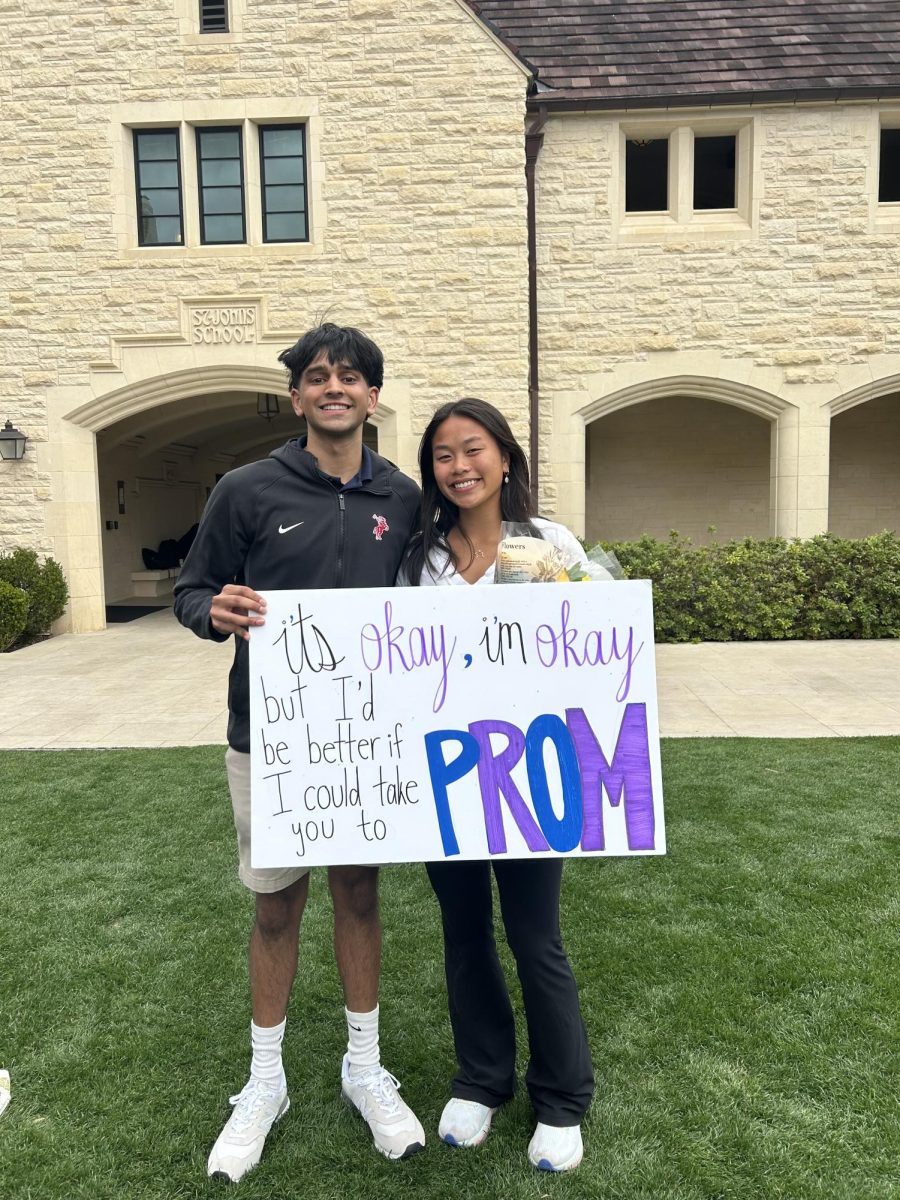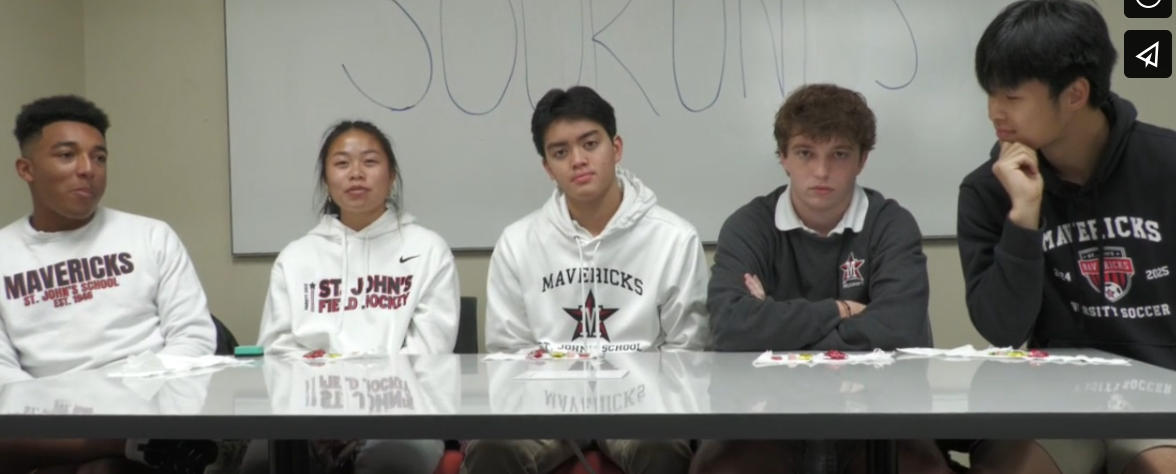During the Community Service Assembly on Sept. 30, we displayed neither the honor demanded of St. John’s students nor basic human decency. What happened that day was completely unacceptable—it’s time to grow up.
Our guest speaker from the Houston Food Bank prepared a thoughtful, engaging speech. Instead of showing her the respect she deserved, we made a mockery of her presentation, hijacking her talk for the sake of a few cheap laughs. Jokes at the expense of someone else’s hard work are not funny at all. They are simply obnoxious.
There was a particularly disturbing moment when “Free Diddy” messages popped up on screen even after the speaker shared that she was a domestic abuse survivor. Sean “Diddy” Combs is currently incarcerated and awaiting trial for sex trafficking, among other heinous crimes. Bringing his name up in this context should have been unthinkable. And yet it wasn’t.
The speaker allowed herself to be vulnerable, and we reacted with cruelty. The longer we reflect on it, the more disgusted we feel.
As much as we would like to believe that this was an isolated event, it is not. Last year, during an assembly highlighting the work of alumni combating injustice within the prison system, students also acted callously and applauded when the speakers unveiled the horrifying statistic that Texas had the most prisoners per capita in the United States.
Assemblies seem to be a fertile environment—or at the very least, an outlet—for inhumanity. In 2019, a student compared a dance performance at the Black Student Union assembly (formerly the African American Affinity Group) to an auction of enslaved persons. Last year, after the PRISM assembly, a former student threatened peers and teachers on social media. This behavior was not funny then, either.
In an age when politicians insulting each other on the basis of identity has become acceptable, it is difficult to find a place where humanity is valued. We believe that our community aspires to be such a place. But in order to make that aspiration a reality, students need to actually care.
Care about the impact your words have. Care about the way you interact with others. Care about yourself and the standard that you hold yourself to.
If you posted a callous comment, we sincerely hope you take the time to reflect on your actions. We hope you feel guilty. Let this guilt be a motivator for personal growth.
Each of us has the responsibility to call out this harmful behavior. None of us are innocent: this is a systemic issue, not an individual one. Those who laughed or applauded or shrugged it off—including many of us on The Review—are complicit.
We all must do better. Accountability has to be an action, not just a word.





